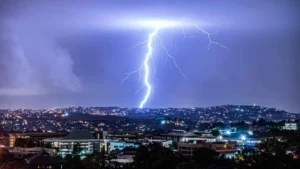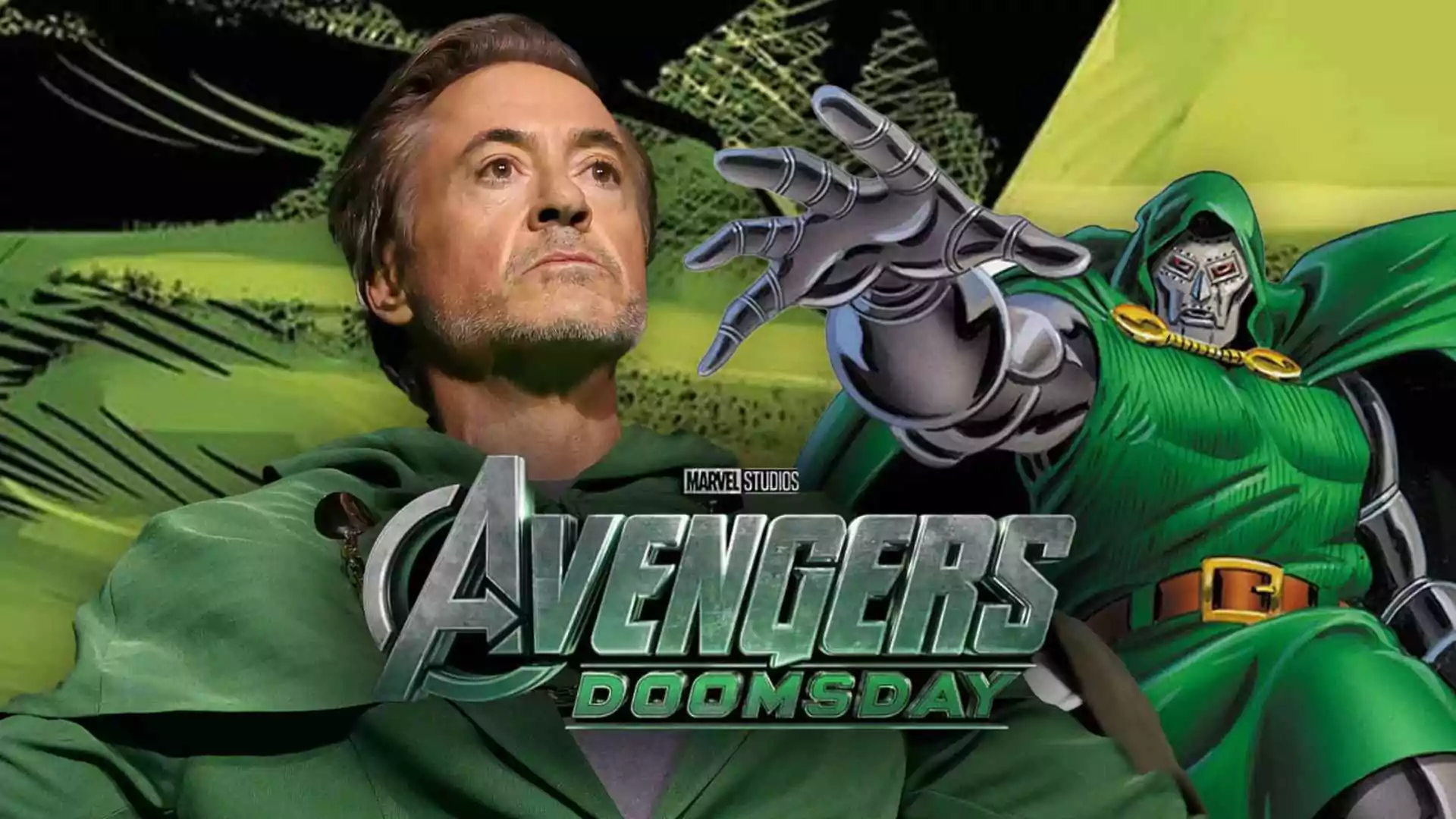A coalition of senior doctors from seven organizations, including the West Bengal unit of the Indian Medical Association (IMA), voiced their solidarity with the junior doctors on September 12. They have pledged to support the ongoing ‘cease work’ protests, which have paralyzed hospital operations across the state. “If any kind of punitive action is taken against them, we, senior doctors, will be compelled to take adverse steps like going on strike,” the senior doctors warned.
The senior doctors highlighted that despite the junior doctors’ willingness to return to work, their demands remain unmet. “The culprits behind the rape and murder are yet to be punished. Moreover, the Chief Minister has not adequately addressed the safety issues and threat culture prevailing in hospitals and medical colleges of the State,” they added.
Political Criticism
In response to the ongoing protests, Trinamool Congress MP Kalyan Bandopadhyay criticized the protesting doctors, labeling them as “unfit to be doctors” for not resuming their duties despite a Supreme Court directive. “The doctors who did not resume duty after the Supreme Court’s directive have made their true mentality very clear. They are driven by ego, they are not here to serve the people of West Bengal,” Bandopadhyay said. He further argued that the continued strike demonstrates a lack of commitment to patient care.
Also read: West Bengal Govt Announces Ex Gratia Of 2 Lakhs Over The Loss Of Lives Amid Doctor’s Protest
Supreme Court Directive
On September 9, a Supreme Court Bench led by Chief Justice D.Y. Chandrachud instructed the protesting doctors to return to work by 5 p.m. the next day, assuring that no adverse action would be taken against them if they complied. However, the strike persisted as the doctors demanded negotiations with the state government. Their key demands include justice for a doctor who was raped and murdered on duty at the R.G. Kar Medical College and Hospital on August 9, the removal of Kolkata’s Police Commissioner and senior State Health Department officials, and improvements in safety protocols and the alleged threat culture in government hospitals.
Voices from the Medical Community
Senior consultant physician Subhasis Ganguly, who was present at the protests outside Swastha Bhavan, expressed his frustration with the current state of the healthcare system. “I was a student of R.G. Kar college. Our institution has a glorious past and it is extremely disheartening to find out about the corruption and malpractices in the health care system now,” Ganguly said. He emphasized the importance of the protests for achieving justice and addressing systemic issues within the medical system.
Critical care specialist Sushruta Bandopadhyay, also a former R.G. Kar student, noted the widespread support from alumni of medical colleges. “The R.G. Kar alumni have joined their protests and we have tried to raise funds to help them in their movement,” Bandopadhyay said. He highlighted concerns about financial irregularities, threats from senior officials, and political biases affecting medical education.
Challenge to Government Claims
Subarna Goswami, a senior doctor and member of the Joint Forum of Doctors, joined the protests and challenged the state government’s claims that the protests are causing widespread suffering. “The junior doctors are mainly trainee doctors and senior doctors are not on strike. They are doing extra duty to compensate,” Goswami said. He criticized the government for not ensuring the safety of doctors, questioning how they can be expected to resume work under such conditions. “How can the government ask doctors to resume duty before they could ensure their safety and security?” he asked.





















